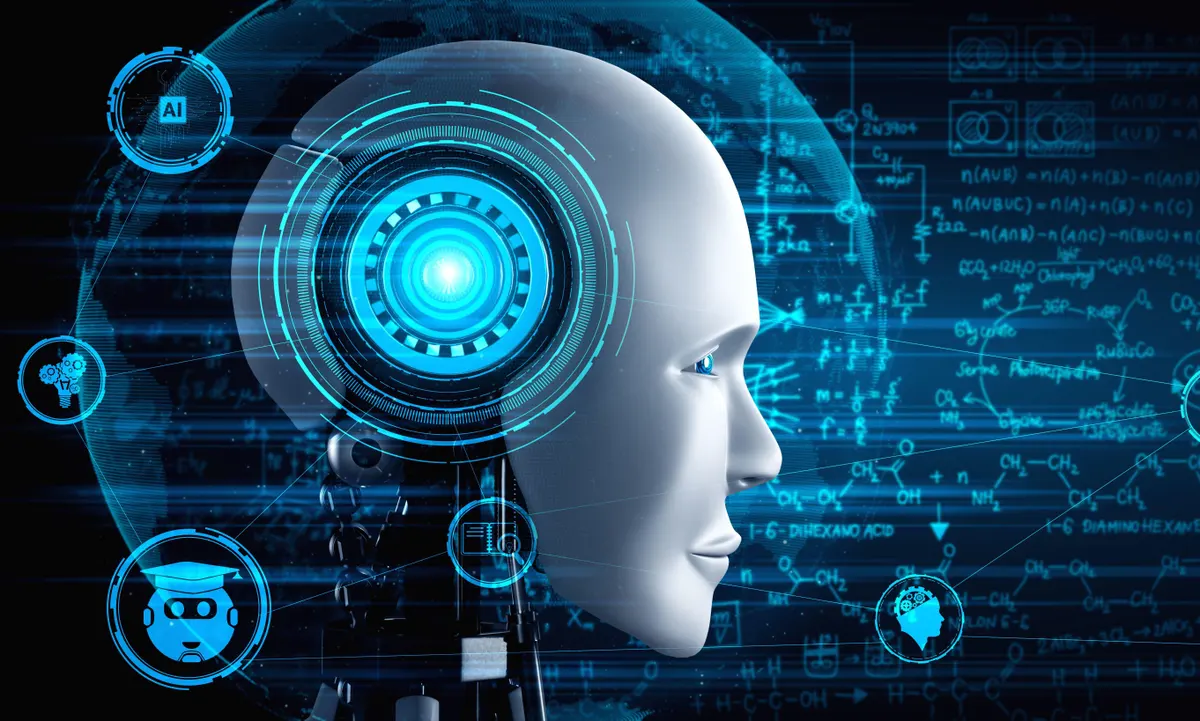African researchers are creating AI tools that are specifically designed for African languages in an effort to close the digital gap.

African researchers are creating AI tools that are specifically designed for African languages in an effort to close the digital gap.
The majority of AI tools, such ChatGPT and Siri, are created for popular languages like English, French, and Spanish, putting billions at a disadvantage in terms of technology. Their research provides guidelines for creating AI tools for African languages and was published in Patterns.
Masakhane Research Foundation AI researcher Kathleen Siminyu underlines the significance of this initiative. She notes the excessive lack of AI tools for African languages and says, “Inclusion and representation in the advancement of language technology is not a patch you put at the end — it’s something you think about up front.”
Natural language processing (NLP), which enables computers to interpret and process human speech patterns and textual data, fosters AI’s comprehension of human languages.
The availability of data in a particular language determines how effectively this process operates. The AI tool gets less effective the less data there are to work with. Researchers had a particularly difficult task due to the volume of data in several African languages.
Researchers started a strategy to identify and include important stakeholders in the process of creating tools for African languages in order to solve this. This group included authors, editors, and other types of infrastructure builders, as well as entrepreneurs, software engineers, and engineers of languages.
Four key revelations from their interactions were obtained for the development of African language tools:
With its history of colonization, Africa is a linguistic melting pot. Here, language is more than simply a means of communication; it also plays a crucial role in areas like education, politics, and the economy and is inextricably linked to cultural identities.
Increasing the production of African content is urgently needed. This entails creating fundamental resources like dictionaries, spell checkers, and local keyboards that are specifically designed for African languages. There is also a need to remove barriers that prevent official messages from being translated into several African languages.
It will be essential to work together in the fields of linguistics and computer science to develop tools that are person-centered and encourage both individual and societal development.
Although data is essential for these technologies, its gathering, management, and use should be guided by moral principles and community respect.
Siminyu highlights the importance of these results by saying, “The findings highlight and articulate what the priorities are, in terms of time and financial investments.”
The investigation continues. To more accurately assess the potential impact of AI language tools, plans are afoot to expand the study’s participant pool and increase its scope. The team is also committed to finding and removing obstacles that could prevent access to these technologies. Their goal is to provide a wide range of linguistic tools that not only make communication easier but also combat false information. Additionally, this project could spur initiatives to protect native African languages.
Many people identify with Siminyu’s wish for the future: “I would love for us to live in a world where Africans can have the same high standard of living, access to knowledge, and opportunities as someone who is fluent in English, French, Mandarin, or other languages.”
Originally published at Unite AI